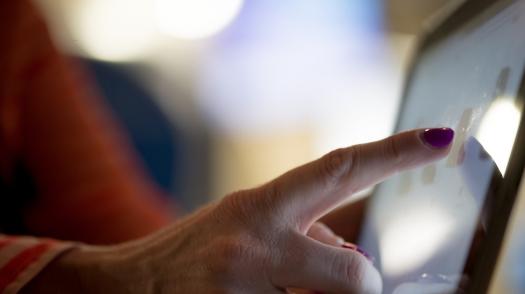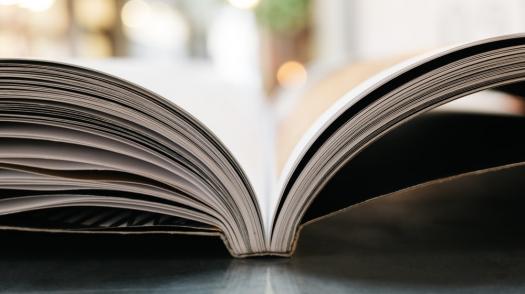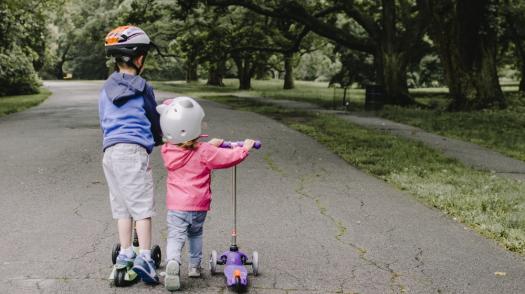
Paediatric acquired brain injury and hidden disability
A view from the frontline of child brain injury care by Katy James, head of The Children’s Trust Brain Injury Community Service. Published in NR Times.
Charlotte had a brain injury at age 11. Now, as a young adult, Charlotte is sharing her experience with others.

It was August 2008 when I suffered a massive brain haemorrhage along with an AVM (arteriovenous malformation) and an aneurysm. I was on life support and in a coma for five weeks, eventually staying at The Children’s Trust for rehabilitation.
It can be hard physically recovering from a brain injury, and being left with hidden disabilities that are not obvious for others to see or understand is difficult.
I want to share my experience so anyone who goes through the same knows they are not alone. I also share my experiences on my Facebook page Brain behind the scenes.
With my brain injury, one of the biggest battles for me is tiredness; I feel like fatigue is always winning.
I struggle with getting up early. Early mornings make me really tired and I feel drained easily. I’m not as alert or focused when I have to get up early. I feel much better when I just sleep until I wake up.
In school I used to really struggle, but I was allowed to go to a quiet room for half an hour for rest breaks, where I would listen to a CD with headphones. It helped me by being taken away from a computer just to rest for a bit.
In college when it was tiring I would put my headphones in and listen to my music while doing my work. I found it easier to concentrate this way by zoning out from background noise.
I can cope a little better with tiredness now but I do still have to be careful. I have to take each day as it comes and see how I feel before I plan too many things.
Many things trigger my headaches. Such as getting up early, tiredness, loud noises, bright lights, stress and fatigue after a long, active day.
I don’t like fireworks because of the loud noises and how bright they are. I love my music but concerts are too loud for me and the strobe lights are too bright for my sensitive eyes.
Bright lights have affected me ever since I came out of hospital. We went to the London boat show, where there was a catwalk with bright strobe lights. As these lights moved around, I couldn’t look as it was just too painful for my eyes.
Stress gives me headaches. I remember when I was in school and college, as the work got harder, it put me under quite a lot of stress as I had deadlines to face.
There is a difference between tiredness and fatigue. Fatigue, when I feel truly exhausted, gives me a band of pain around my head. It feels as though my brain itself is aching, or almost the feeling of it being squeezed.
When I feel like this, the solution is rest, sleep and, most of all, silence (as sometimes noise can make this worse).
My head gets seriously affected by sudden motion. You know when someone drives over a hill fast and you feel that funny feeling in your tummy? I get that in my head and the pain I get with it is pretty bad.
It happens from any sudden motion such as going up or down in a fast lift or being in a boat over bumpy waves.
I had epilepsy as a young child and don’t have it any more but when I have that funny feeling it’s like I go into a fit for a few seconds. It’s a horrible feeling in my head and I cannot control it. It’s a really scary feeling, and one of my biggest hidden difficulties.
My brain injury has had a huge impact on my short-term memory. For example, at home my mum might ask me to go upstairs, get her phone, take it down to her and then go and get the laundry basket. I normally remember the first thing then completely forget the rest.
Another annoying thing with my short-term memory is when I meet someone new and I ask their name then instantly forget. So I can’t remember things from even five minutes ago.
I have tried tricks and methods to help my memory but I usually end up forgetting to use those methods. It’s a vicious circle.
Another hidden difficulty is with my explaining and understanding. The pathways in my brain have been damaged from my injury, making things a lot harder.
Sometimes I’ll say things without realising I shouldn’t have said it. For example, someone may not want me to tell someone something but sometimes I don’t understand what I’m not supposed to say and I say it anyway.
When I realise it was wrong of me to tell something I feel really bad but I can’t help it. I’ve had a brain injury and it’s something I get confused with and can’t control.
Charlotte has recently launched a Facebook page Brain behind the scenes to share her story and experiences following her brain injury.

A view from the frontline of child brain injury care by Katy James, head of The Children’s Trust Brain Injury Community Service. Published in NR Times.

The Children’s Trust gives children and young people with brain injury and neurodisability the opportunity to live the best life possible by providing specialist rehabilitation, education and community services across the UK.

Charlotte had a brain haemorrhage on holiday aged 11. Now, aged 21, Charlotte looks back on the past nine years, in which she has made some amazing accomplishments.